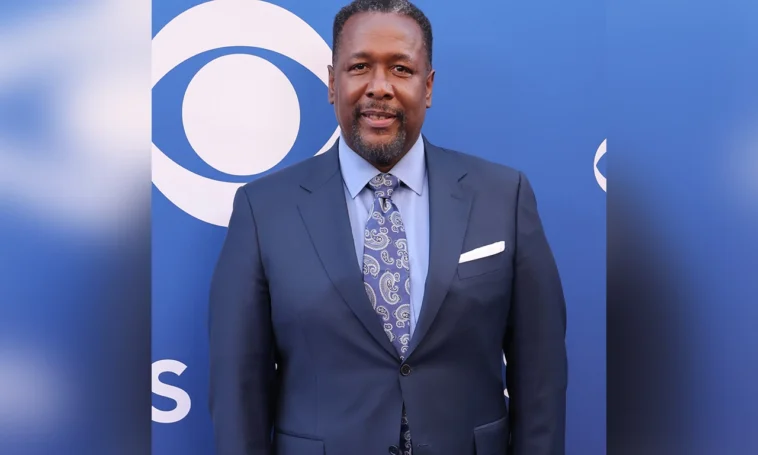Wendell Pierce Decries Racism After Housing Rejection Amid Fearless Fund Controversy. Actor Wendell Pierce has publicly shared a recent racist encounter with a landlord, juxtaposing it against a controversial court ruling that has blocked a fund supporting Black women entrepreneurs. Pierce’s revelations come in the wake of the 11th U.S. Circuit Court of Appeals’ decision against the Fearless Fund, which awards grants to Black women-owned businesses. The court’s ruling has sparked widespread backlash, with critics like Pierce highlighting the ongoing challenges faced by Black Americans in a society still grappling with systemic racism.
On June 3, Pierce took to Twitter to express his frustration over the court’s decision. He described it as part of a broader conservative-led attack on diversity, equity, and inclusion (DEI) programs. “A private investment firm, the Fearless Fund, has been blocked from investing in businesses owned by Black women,” Pierce tweeted. “The 11th U.S. Circuit Court of Appeals, in a 2-1 ruling, sided with a challenge to the grant program, arguing it violated a Reconstruction-era civil-rights law, known as Section 1981, that prohibits discrimination in contracts.”
The law in question, Section 1981, was originally designed to protect former slaves from discrimination. Edward Blum, a known opponent of affirmative action, has argued that the law’s text means race cannot be considered in contractual relationships. This interpretation has now led to the blocking of private funding intended for Black-owned businesses, a decision Pierce described as steeped in “racist irony.”
Amidst his comments on the court ruling, Pierce revealed a personal encounter with racism when he was denied a rental apartment in Harlem. Despite his notable success and stable financial situation, the landlord rejected his application, which Pierce attributes to racial bias.
“For those of you who don’t understand my righteous anger; I’m on 2 TV series, ELSBETH and RAISING KANAN. I’m filming SUPERMAN. Two years ago, I finished the fourth season of JACK RYAN. Last year I finished a run on Broadway in DEATH OF A SALESMAN,” Pierce shared.
“Even with my proof of employment, bank statements, and real estate holdings, a white apartment owner DENIED my application to rent the apartment… in Harlem, of all places.”
Pierce’s experience underscores the persistent issue of racism in housing and other areas of daily life for Black Americans. He voiced his exasperation, noting that despite his professional accomplishments, he still faces discrimination purely based on race.
“Racism and bigots are real. There are those who will do anything to destroy life’s journey for Black folks. When you deny our personal experiences, you are as vile and despicable,” Pierce wrote.
The ruling against the Fearless Fund has drawn criticism from many who see it as a regressive step in the fight for racial equality.
“In other words, we can’t use exclusive tools for Black people to address exclusive racism and discrimination against Black people unless those tools are also available to the segment of people who’s racially motivated discrimination is currently causing them to ban books, erase history, disenfranchise voters, and limit freedoms,” one user commented online.
This incident highlights broader societal tensions regarding race and equality, reflecting a deep-seated struggle that extends beyond the courtroom into everyday experiences of individuals. Pierce’s story is a stark reminder that systemic racism continues to affect even those who have achieved significant professional success. His call to action resonates with many who see the need for ongoing advocacy and policy changes to ensure true equality and justice.
In the context of the Fearless Fund and the court’s ruling, Pierce’s experience adds a personal dimension to the larger conversation about race, equity, and the role of legal frameworks in either supporting or hindering progress. As debates over DEI programs and racial justice continue, stories like Pierce’s serve as powerful testimonies to the real-world impact of these issues.






One Comment
Leave a ReplyOne Ping
Pingback:Wendell Pierce, Tired Of ‘Racism And Bigots,’ After Housing Rejection - Hard Knock News
Join the Community and Be a Part of the Conversation
You must be logged in or registered to post a comment.